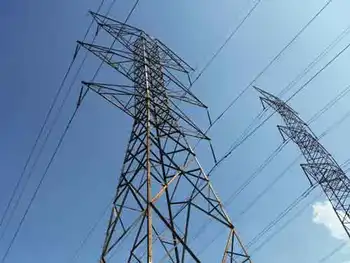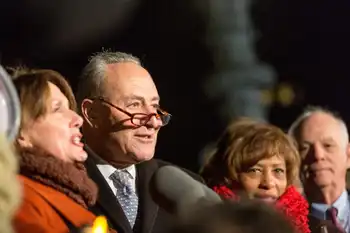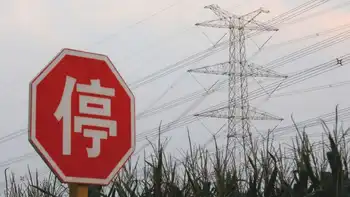Almost half of cars will be EVs by 2050
SANTA BARBARA, CALIFORNIA - Royal Dutch Shell PLC expects electricity-powered vehicles to account for as much as 40% of the worldwide car market by 2050, chief executive Peter Voser said.
Mr. Voser, speaking at The Wall Street JournalÂ’s ECO:nomics conference in Santa Barbara, said technological improvements and increases in the cost of producing gasoline will give a boost to vehicles that run on alternative power.
"We think between now and 2050, we will go from 1 billion cars to 2 billion cars worldwide," he said. "We think by 2050, roughly 40% of those 2 billion cars will be electric."
In the next 40 years, the market needs low-carbon fuels, more efficient engines and hybrid vehicles, Mr. Voser said.
"I think there will be room and space to develop all of them," he added.
Gasoline demand in developed countries like the United States has started to decline, partly as vehicles running on alternative fuels have entered the market. Companies such as Shell and BP are spending more money on those newer technologies, including for next-generation biofuels.
Automakers such as Ford Motor Co and Nissan Motor Co Ltd are racing to launch electric cars, betting these will be the environmentally friendly transportation of the future. Small players like Tesla Motors already sell electric vehicles.
Mr. Voser said Shell was investing 25% of its research and development budget into renewables, including wind power and biofuels.
Shell has bet big on ethanol by striking a deal with BrazilÂ’s Cosan to create a (US) $21-billion a year ethanol joint venture.
The 50-50 joint venture, with almost 4,500 filling stations nationwide, will better position Cosan and Shell to compete with the two top players in the market, state oil giant Petrobras and Ipiranga, a unit of BrazilÂ’s Grupo Ultra.
Related News

Britain's National Grid Drops China-Based Supplier Over Cybersecurity Fears
LONDON - Britain's National Grid has started removing components supplied by a unit of China-backed Nari Technology's from the electricity transmission network over cybersecurity fears.
The decision came in April after the utility sought advice from the National Cyber Security Center (NCSC), a branch of the nation's signals intelligence agency, Government Communications Headquarters (GCHQ), the newspaper quoted a Whitehall official as saying.
National Grid declined to comment citing "confidential contractual matters." "We take the security of our infrastructure very seriously and have effective controls in place to protect our employees and critical assets to ensure we can continue to reliably, safely and…




